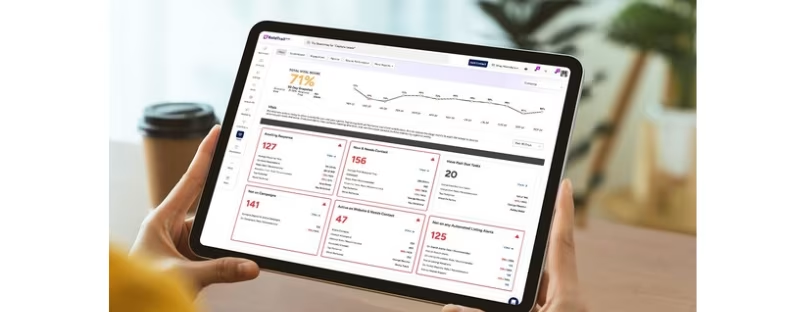
6 Ways To Prepare Your Business Before Implementing An Enterprise Resource Planning (ERP)
Preparation is necessary when your business plans to implement a new ERP system. Basically, an ERP system consists of various modules, which can help with countless business operations. For instance, an ERP comes with different features rather than having only one function, like automation or invoicing. Enterprise Resource Planning (ERP)
As powerful as it can be, businesses should have an ERP implementation checklist prepared to avoid roadblocks in the long run. Regardless of how big your business is or what type of ERP system you purchased, here are the ways to prepare your business before the implementation process:
1. Determine Your Key Business Processes
Before implementing an ERP, one of the ways to prepare your business is to determine your key processes. It’s critical to understand your business processes, particularly those that may be unique to your industry.
Key business processes are those that can affect how your company earns and grows, which often include accounting and marketing. But, there might be some peripheral processes that can be considered as critical business processes for some reason.
When you’ve identified your business processes, it’s vital to assign the team to such processes. If you don’t have a documented flow chart of such, that team must document the processes in the flow chart and be the expert on the said procedures.
The primary purpose of selecting the right team and carefully documenting the processes is to make a subject matter expert who knows everything about those. So, once your implementation starts, you’ll know who to assign in particular phases, reducing the possibilities of risks and issues.
2. Understand The Process Of Your ERP Vendor
Many information technology (IT) companies selling ERP solutions will create a specific implementation process and fine-tune it to work within your particular circumstances. Understanding your vendor’s philosophy and ensuring it aligns with your company goals will surely set you on the right path to success. Typically, some vendors start the implementation by creating established teams to prioritize the necessary requirements, control the timeline, and document activities.
3. Set Your Company Goals, Objectives, And Scope
Today’s ERP systems can offer many solutions to the many issues your business is facing. But, if you want to ensure a successful ERP implementation, it’s critical to identify your company goals, objectives, and scopes.
You should also determine the problems or exact necessities of your business so that you’ll focus on solving them when the implementation is done. The more detailed and specific you can be upfront, the more precise and detailed your implementation will be.
Most businesses prefer a phased approach when it comes to ERP implementation. Often, it’s the best way to approach the cutover while providing potential benefits, like enabling you to work out glitches and flaws before implementing the system company-wide.
4. Align Your Teams Early On Enterprise Resource Planning (ERP)
Have a team lead to spearhead your company’s implementation efforts. While doing so, ensure that your goals, objectives, and scopes are documented and communicated. Make sure they have support and align with your decision-makers early on.
Having the best people engaged in the process can make a difference in your ERP implementation’s success. Remember that you’re not searching for the available or average players on your team, but you’re looking for bolt and brilliant ones. To ensure that the implementation is done right, give your key members the time, autonomy, and authority.

5. Prepare For Data Migration Enterprise Resource Planning (ERP)
Another way to prepare your business before implementing an ERP is to focus on data migration. Plan carefully how you’re going to migrate your data to the new ERP system. Depending on your preferences, you can look for a platform to collate data from various resources. It’s also a good idea to create clear policies around your new solution data to ensure that they’ll stay on the right side of compliance and regulatory rules during the migration process.
If you have no clue on how to prepare for data migration, you can always ask for assistance from your ERP vendor. Having a consulting partner to help you can make data migration easy for your business, especially if you’re doing a remote ERP implementation.
6. Prepare A Post-Implementation Plan Enterprise Resource Planning (ERP)
The implementation process often stumbles after the go-live. Many things may change when your ERP implementation team hands off the post-go-live support to external and internal support.
Having clear post-deployment support strategies upfront will ensure that users know to report problems and the vendor knows what’s expected of them after the deployment. It’s also crucial to have technical support in place at and after the go-live, so you can resolve user problems quickly and prevent teams from getting frustrated with the ERP system.
Conclusion
Nothing good will come from implementing an ERP system in a rush. Not only will you be increasing the possibility of errors, but you’re also plunging into the process without enough preparation. Therefore, before you get right into it, you should first accomplish the necessary strategies mentioned above to prepare your business for ERP implementation.










